Identity by Julio Noboa Polanco
In “Identity,” Latino poet Julio Noboa Polanco shows how one can grow up uniquely by drawing a contrast between a flower and weed.

In “Identity,” Latino poet Julio Noboa Polanco shows how one can grow up uniquely by drawing a contrast between a flower and weed.
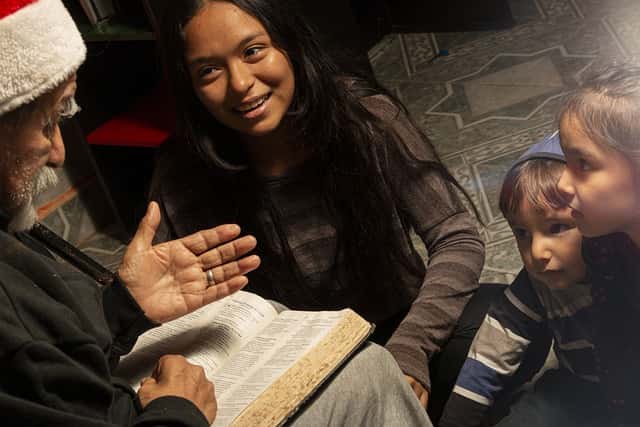
“A Story” by Li-Young Lee is a poem about a father, unable to recall one new story at his five-year-old son’s request.
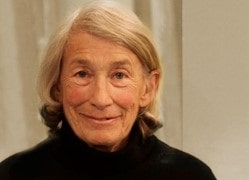
Here are 10 of the best poems of Mary Oliver that every poetry lover must read, gathered from both her earlier and recent poetry collections.
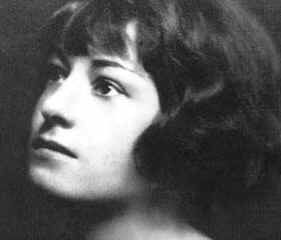
Are you looking for some of the best poems of Dorothy Parker? Here you can find the top 10 Dorothy Parker that everyone should read.
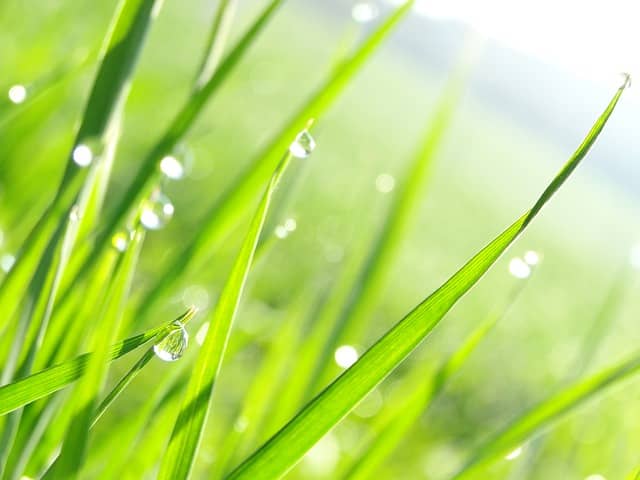
In “Splendour in the Grass,” Wordsworth conveys that as we can’t relive our glorious past, we should find “strength” in what we have.
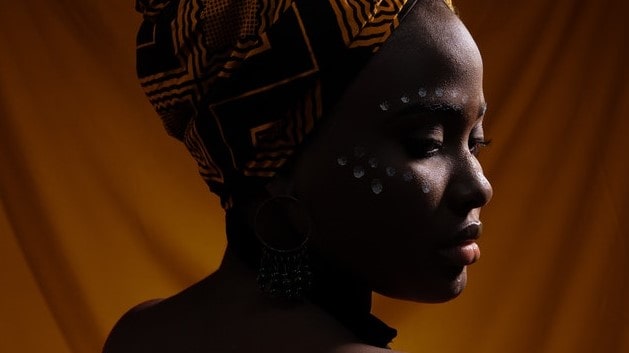
Kristina Rungano’s “The Woman” is about women’s life in Zimbabwe’s rural scene. It describes how a woman performs her duties relentlessly.
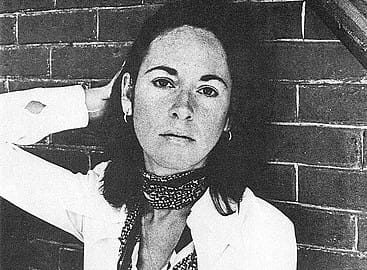
Explore 10 of the best poems of Louise Glück, the winner of the 2020 Nobel Prize in Literature. Dive deeper into the list of Glück’s most famous poems.
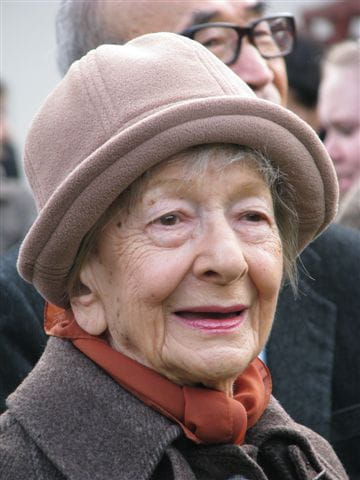
Explore 10 of the best poems of the Polish poet and winner of the 1996 Nobel Prize for Literature, Wislawa Szymborska.
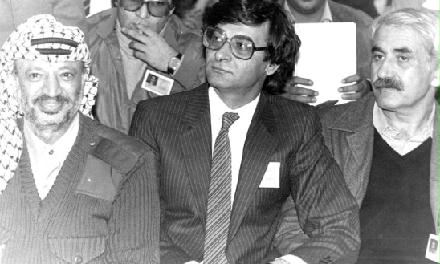
Mahmoud Darwish was regarded as the Palestinian national poet. His poems explore the themes of homeland, suffering, dispossession, and exile.

“I, Too, Sing América” describes how Dominican-American poet Julia Alvarez sings in praise of America, its diversity, and its inclusiveness.
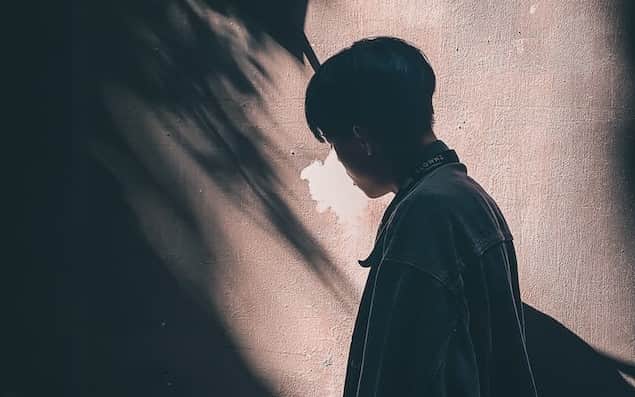
“In the Depths of Solitude” by Tupac Shakur is an intricate poem that deals with the subject of the conflicted self.
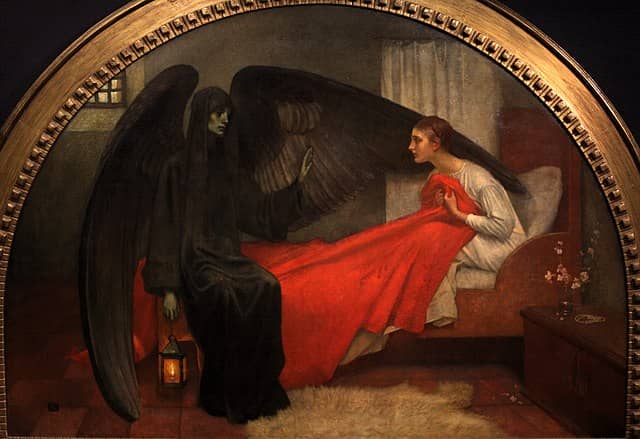
“When Death Comes” by Mary Oliver engages with the themes of human existence, the temporality of life, and the inevitability of death.
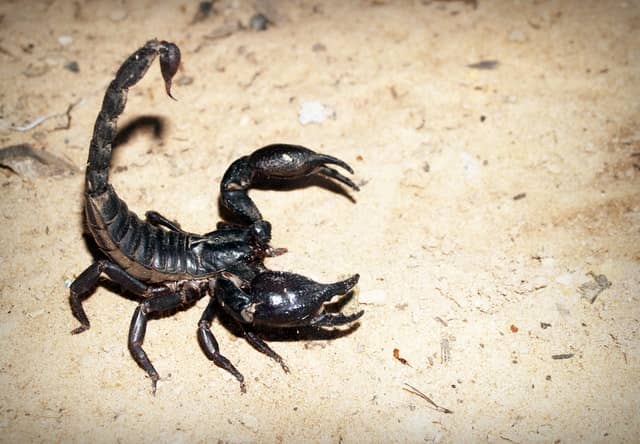
“Night of the Scorpion” by Nissim Ezekiel is about how the poet’s mother was stung by a scorpion one rainy night and the ensuing events.
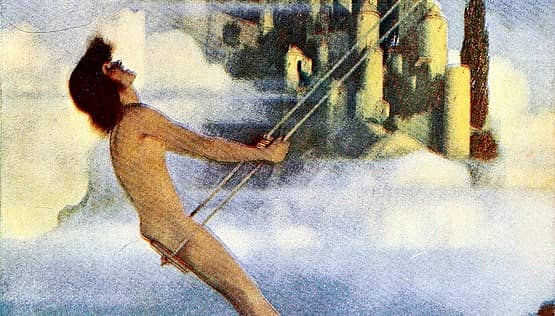
“I Remember, I Remember” by Thomas Hood is perhaps one of the finest poems about revisiting and “remembering” nostalgic childhood memories.
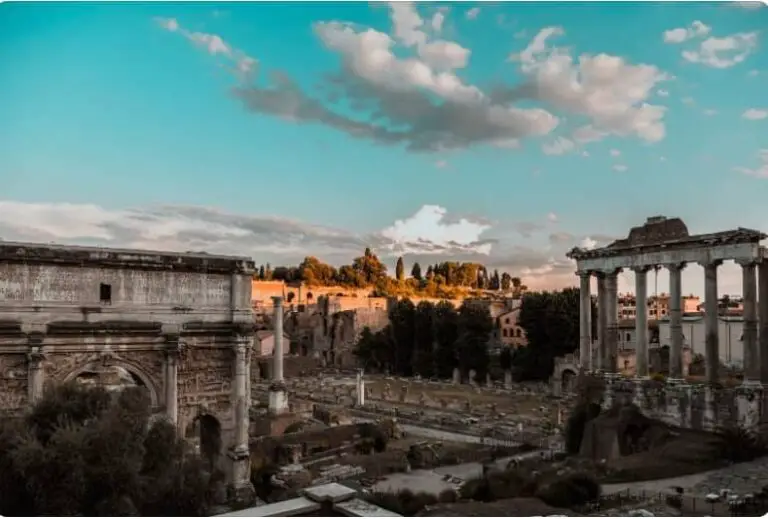
In “The End and the Beginning,” Wislawa Szymborska describes how the end of a war is the beginning of another equally serious war of reconstruction.

Sylvia Plath’s “I am Vertical” echoes a speaker’s “horizontal” thoughts, her wish to feel wanted, and her need to find a purpose in life.
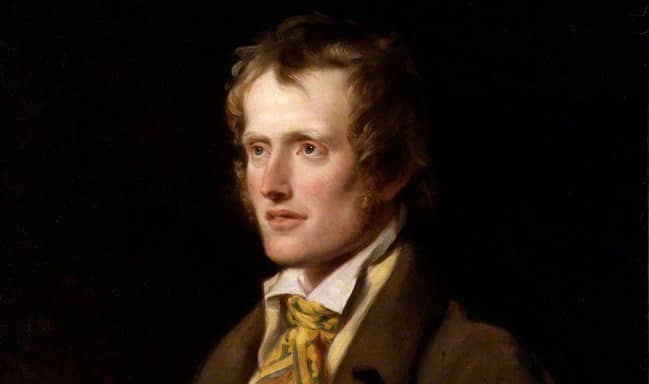
In “I Am!”, John Clare depicts his incarcerated self that helplessly shouts out loud his need for love and human companionship.
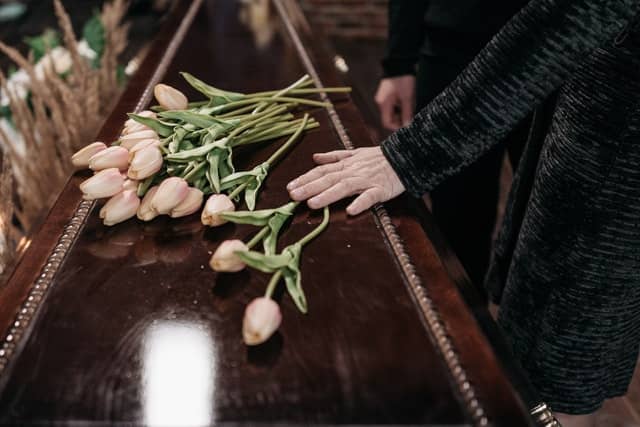
“After Death,” a sonnet by Christina Rossetti, is written from the perspective of a dead speaker witnessing a loved one’s unemotional acts.
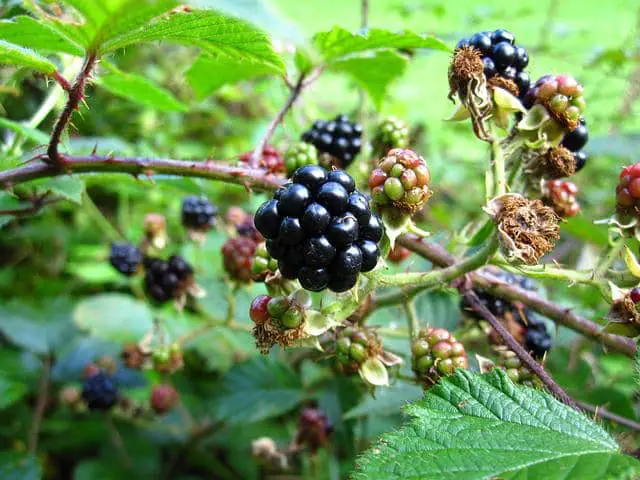
Galway Kinnell’s free-verse poem “Blackberry Eating” is all about the act of savoring fat, overripe, and icy blackberries in late autumn.
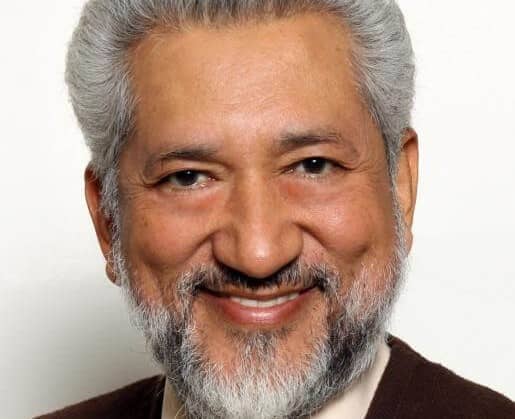
Julio Noboa Polanco is a teacher, essayist, columnist, and poet. He studied the social elements that influence Latino history and identity.